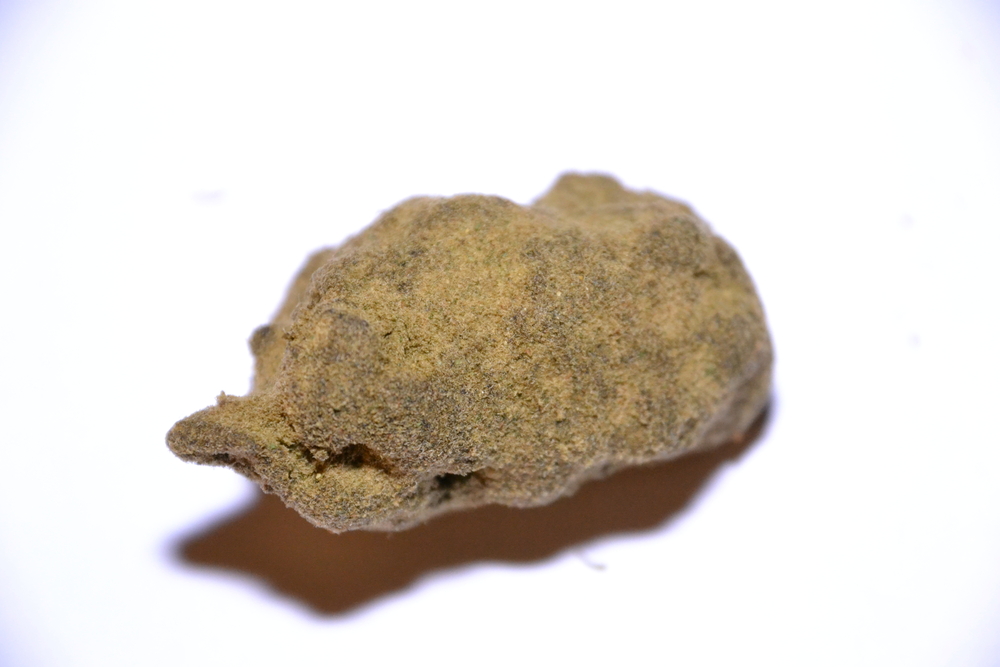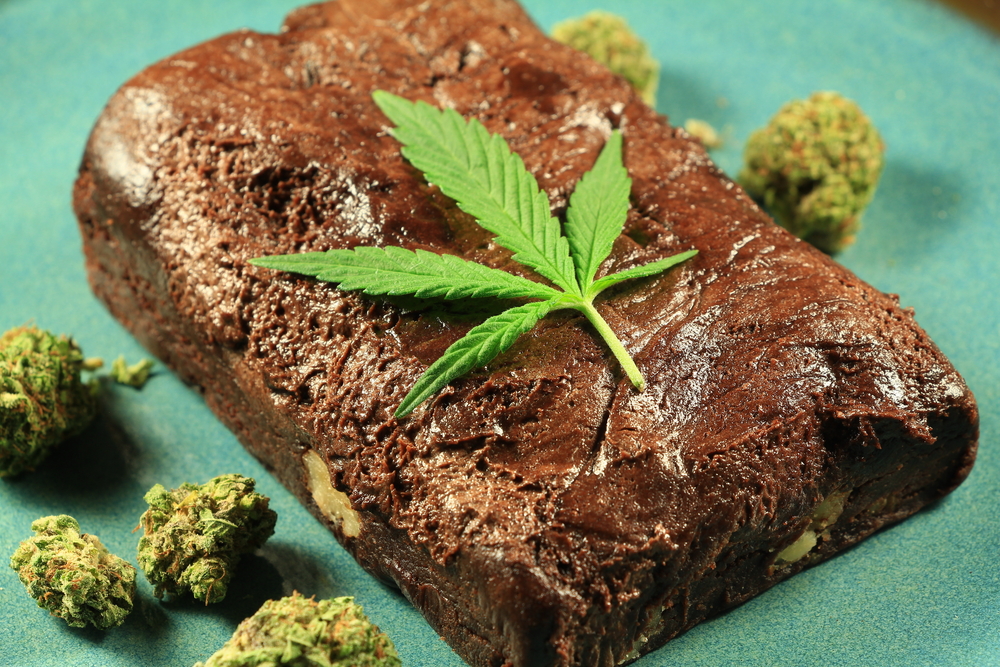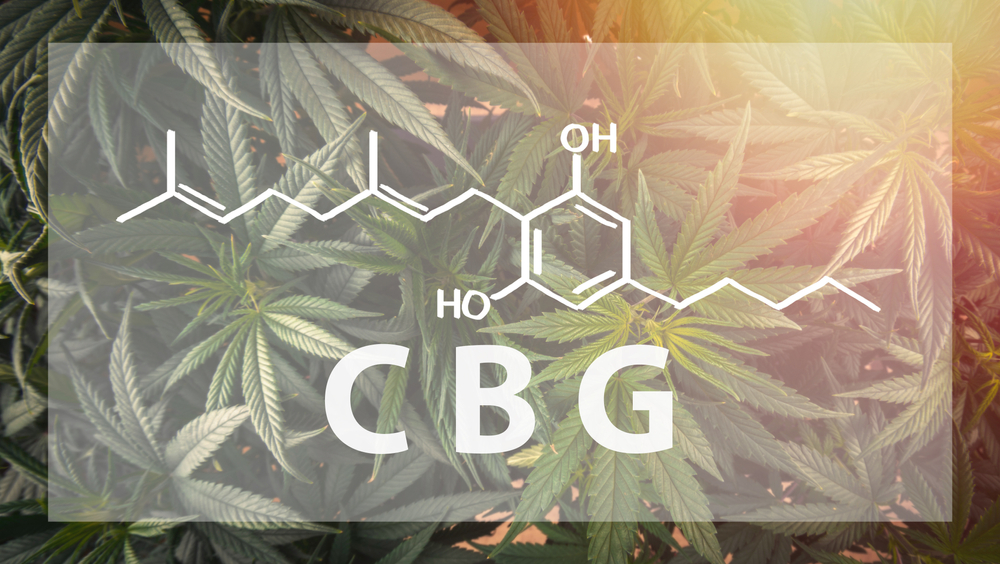Education
Reefer Madness – Movie That Changed Cannabis
In 1936, the world was introduced to one of the most propagandistic films we think we’ve ever seen, Reefer Madness. This particular film was used as an instrument to create opposition against the cannabis plant and painted a vivid picture of the evil it was apparently associated with.
The film even went as far as portraying a man going insane via “reefer madness” from smoking reefer and proceeding to murder his entire family, an apparent overdramatic falsehood we all know not to be true.
However, if you were ever wondering why your parents or the older generations were so opposed to cannabis and where they got all of these crazy ideas planted in their heads, then look no further than Reefer Madness, the catalyst to all of it.
Even now, with cannabis legalized in Canada and many areas across North America, these outdated stigmatic attitudes and false beliefs continue to tarnish the image of the herb we all know and love.
Even in the face of death, when cannabis is the only viable treatment option for medication, some will still insist that weed is an innate evil source that will ruin their lives and refuse to have anything to do with the herb.
If you’re wondering how these false beliefs and opposing attitudes against cannabis all started, then keep on reading.
What is Reefer?
Reefer is commonly known as a marijuana cigarette, as defined in the dictionary. It refers to any form of cannabis, including joints, a bowl, the plant, or buds of marijuana.
The term reefer is actually a slang term for marijuana or marijuana joint that was popularized during the early 1900s. However, the term “reefer madness” came to us from the 30s, and it was a type of insanity resulting from smoking weed that was falsely portrayed in a movie.
The Story of Reefer Madness
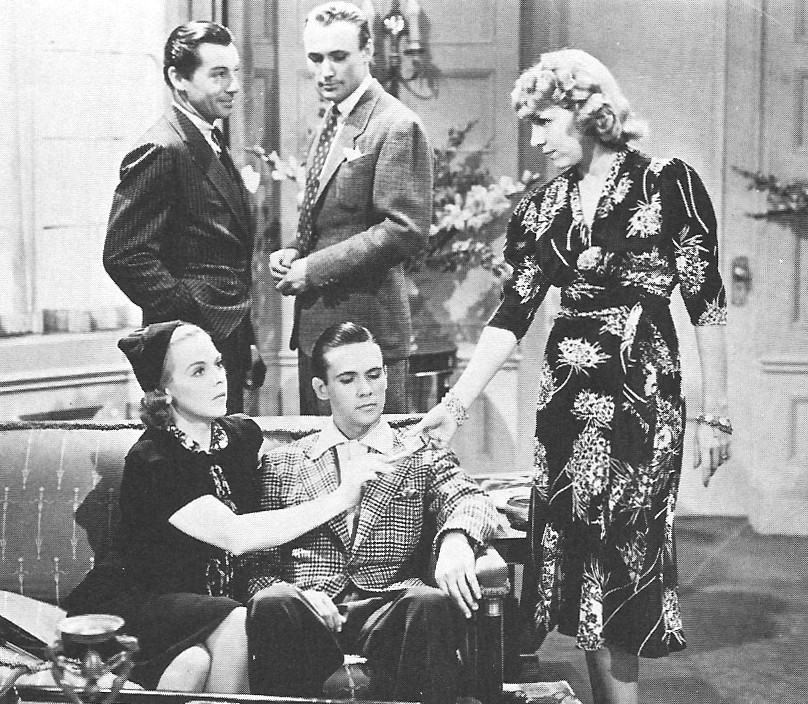
To clarify how all this madness and muddiness behind the reputation of cannabis began, we’re going to give you a glimpse of what the people of 1936 were exposed to.
The story of Reefer Madness follows the adventures of several restless high schoolers: A brother and sister as well as her boyfriend. They are eventually introduced to a marijuana dealer who entices them into trying a marijuana cigarette at a “reefer” house.
The two boys are gradually led down the supposed marijuana cigarette addiction path, frequently attending this “reefer” house, which eventually leads to complications within their family lives and eventually legal problems.
The movie even goes as far as depicting one person getting “reefer madness” and becoming mentally insane due to the addiction to the herb. Subsequently, he is being sentenced to life in a mental asylum because of a shooting caused by a marijuana cigarette and a car accident that kills a man.
Looking back at it, the movie portrays a ridiculously fictionalized image of cannabis and its effects. They sneak in many anti-cannabis arguments, which are disguised as conversational discussion.
And while cannabis is no cure-all treatment, it does have its benefits and side effects. However, the fact that the drug causes the amount of chaos portrayed in Reefer Madness is so far from the truth that the movie is almost comical in a sense.
If you want a good laugh and have got some time to kill, you might be interested in checking out Reefer Madness. But be warned, the movie is a hot steaming pile of trash, so don’t go in with any high expectations.
Reefer Madness is one of those rare cases where something is so bad that it might be considered good.
How Reefer Madness Ripples Through Today’s Society
Even though reefer has officially been legalized across Canada as well as several areas in the United States, the dialogue around the herb hasn’t changed all that much. It is still looked down upon by society, and it is still associated with stoner stereotypes, many of which are based on a false premise.
It’s still so taboo that some people who recreationally or medically use reefer will hide the fact that they use the herb to save themselves from any social backlash and shame.
Weed Legalization and Criminalization
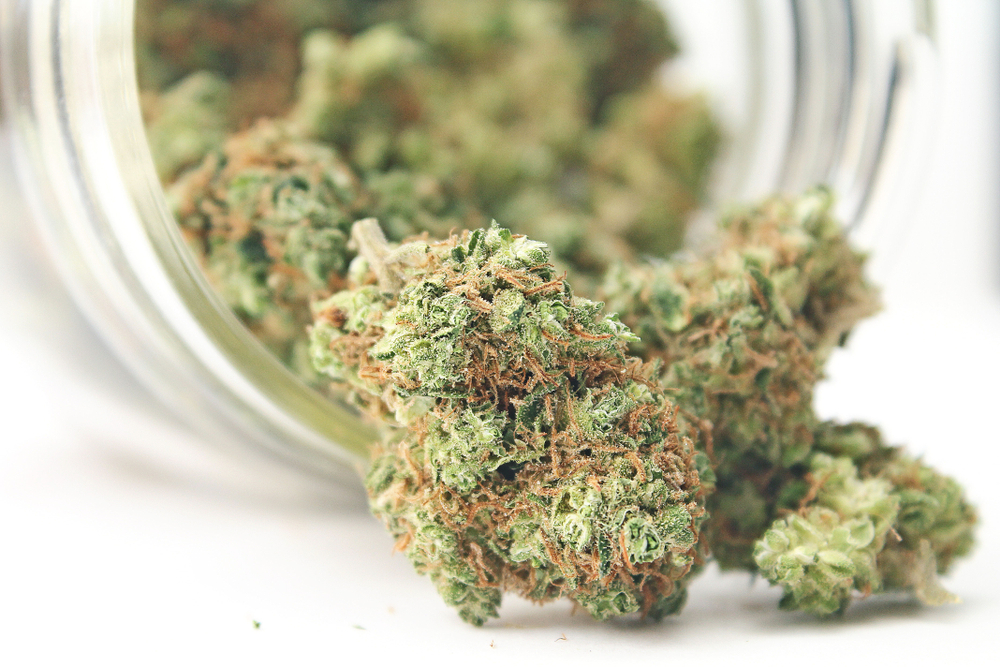
Even though cannabis has become legalized in many parts of North America, the real tragedy lies in those who were locked up when it was considered illegal.
As a result of the lies spread through Reefer Madness, many immigrants or minorities had experienced hardships growing up in America. Not only that, but cannabis is still considered a Schedule 1 drug in many parts of the United States, meaning that the policing and sentencing of those who are charged with it are incredibly harsh.
Stigmatic Views on Cannabis-Derived Medicines
Although cannabis is legal in Canada and many states of America, there is still a widespread belief that the drug does more harm than good. For example, in California, these stigmatic beliefs cause problems for those who use cannabis as medicine even when recommended by their physicians, resulting in guilt and shame associated with using the herb.
Not only that but this particular stigmatization and hostility towards cannabis and those who use it ultimately affect how patients seek out treatment.
In some instances, the amount of shame and stigma attached to using cannabis can be so profound that it can actually cause some people to avoid it altogether, causing them to sacrifice their health for social acceptance.
Reefer Madness – Final Verdict
It’s safe to say that the attitudes and regulations regarding cannabis are all heading in the right direction. However, without the herb’s initial demonization with the help of the Reefer Madness movie, the world of cannabis would have progressed far beyond what it currently sits at now.
With the overall amount of misleading information spread to the public through Reefer Madness, coupled with the lack of internet and technology to validate those claims, it makes it easy for people to fall for it.
But that doesn’t justify misrepresentation of the herb. As always, our goal is to put down any false claims and misinformation about cannabis and instead push the truth out to the public so that people are well informed.
Reefer Madness is a prime example of propaganda, and its damage is still affecting us to this day.




